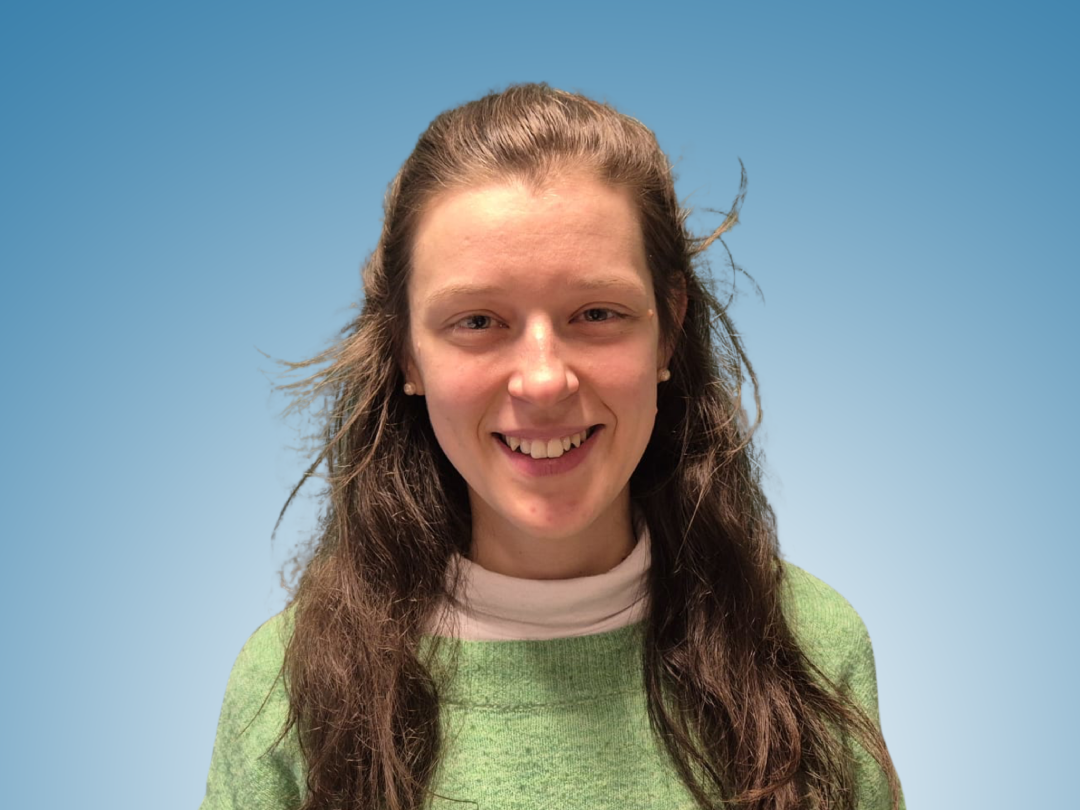Mergin Maps, QGIS, and field data
Field data is the backbone of reliable geo-information. Whether you work in ecology, agriculture, or urban planning, accurate data collection is essential for solid analysis and smart decision-making. Yet, collecting field data efficiently—and managing it easily—can be challenging.
QGIS is a powerful open-source GIS tool that lets you visualize, analyze, and manage geographic data. It comes with a wide range of features to maximize the potential of your maps and datasets. Mergin Maps simplifies field data collection by instantly syncing updates between mobile devices and desktop software, ensuring you always work with the latest information. In addition, the Input App provides an intuitive way to capture data—even without an internet connection—so you never lose critical information.
Together, these tools integrate digital mapping with real-time data collection in a streamlined workflow. This not only saves time but also reduces errors and boosts the efficiency of your GIS projects.
What will you learn in this blended learning course?
In this course, you’ll master the process of collecting, managing, and processing field data using QGIS, Mergin Maps, and the Input App. First, you’ll learn how to set up a survey and organize structured data collection. Next, you’ll import and edit the collected data within QGIS, building your project by working with layers, attributes, and settings.
Then, you’ll discover how to use the Input App to collect field data on the go—even offline—and sync it back to your QGIS project. You’ll also practice collaborating on shared survey projects by syncing data across a team.
Why choose this QGIS Mergin field data course?
Blended learning gives you the best of both worlds—live interaction and flexible self-paced study—so you can build job-ready GIS skills with QGIS and Mergin Maps. In this course, you’ll work hands-on with real datasets and learn efficient methods for data capture and management.
We begin with a live session where you jump into QGIS, Mergin Maps, and the Input App. With expert support, you’ll set up surveys, capture field data (even offline), and sync it directly to your QGIS project.
Next, our self-paced modules let you deepen your knowledge at your own speed. You’ll explore structured data collection, project setup, and syncing techniques while processing field data for spatial analysis.
Then, during a second live session, you’ll put your skills to work on a real-world project. You’ll troubleshoot challenges, refine your workflow, and get feedback to optimize your results.
A key highlight is the practical focus: you’ll build efficient, error-reducing workflows that ensure your data is always current and ready for analysis. This course prepares you to do more than simply use QGIS—you’ll gain the confidence to collect, sync, and apply field data in any GIS project.
